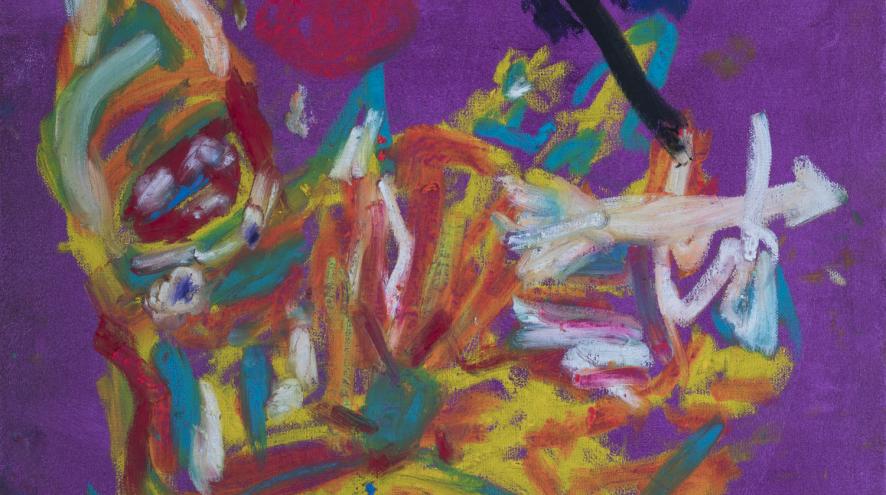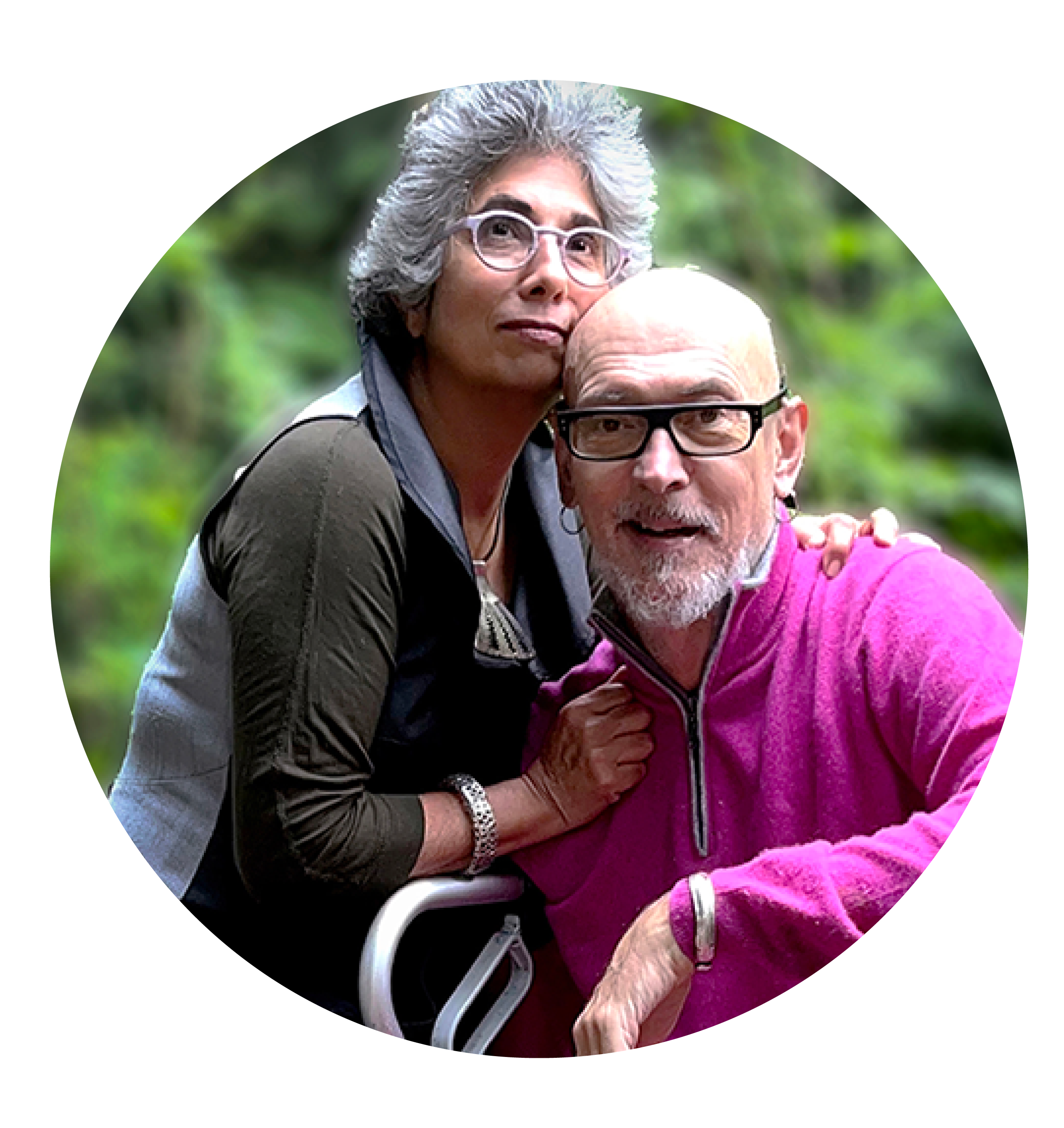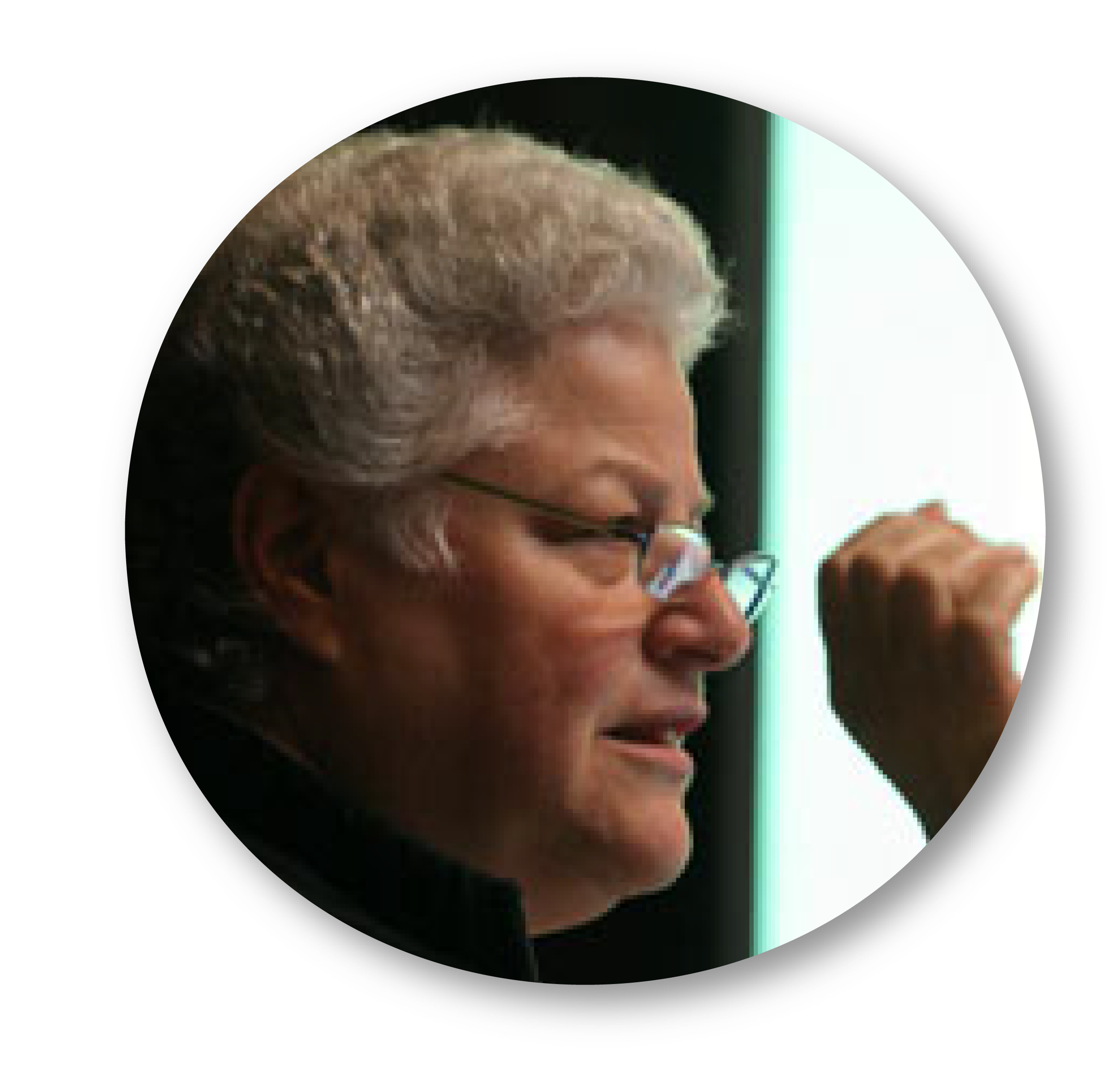[FREE WEBINAR] On Art & Dementia
Come celebrate Arts and Health Month with us! In this edition of Dementia Talks! Canada, we’ll talk with a professional artist about their work on dementia, discuss the power of art in dispelling dementia stigma, and chat about how creative approaches can improve the lives of people with dementia today.

Kevin Whitaker, The Artist in Repose. Painting and giclee print.
November is Arts and Health Month. And year-round, Canada is home to many strong initiatives around the arts and dementia.
Some researchers think that certain types of dementia can lead to increased creativity. Others have looked at how art made by people with dementia can nurture a more nuanced public view of what it means to live with this condition.
The Society for the Arts in Dementia Care was founded in BC in 2005. The University of Waterloo co-hosts the project Re-imagining Dementia through the Arts. In October 2018, the Alzheimer Society of Calgary became Canada’s first Opening Minds through Art training centre.
Dancing. Singing. Reading. Painting. Drawing. Collaging. Looking. These are just a few of the many creative activities that can benefit people living with dementia, or help with their self-care. And research shows that these kinds of activities can help caregivers, too.
Join us for a conversation on November 23rd at 12 noon Eastern Time about the surprising ways arts, creativity and dementia can weave together. Our speakers include:
- Kevin Whitaker, painter who lives with Lewy body dementia and Parkinson's disease, and Marie Moliner, caregiver, both subjects of the new short documentary Still Headroom: Parkinson's and the Power of Care
- Sarah Leavitt, author of Tangles: A Story About Alzheimer’s, My Mother and Me and assistant professor in the School of Creative Writing at the University of British Columbia
- Dr. Dalia Gottlieb-Tanaka, author of Creativity, Dementia and the Therapeutic Environment and chair of the Society for the Arts in Dementia Care
- Dr. Sherry Dupuis, a member of the research team for the theatre piece Cracked: New Light on Dementia, as well as former director of the Murray Alzheimer Research and Education Program and the current co-director of the Partnerships in Dementia Care Alliance
The discussion will be moderated by Melissa Russo, program manager at Brain Canada.
Let’s talk about new and established projects and findings around art and brain health. We’ll also share insights on how a creative approach can improve your life today – whether you are living with dementia or caring for someone who is.
Dementia Talks! Canada is a partnership between Alzheimer Society of Canada and Brain Canada.
More information about our speakers

Kevin Whitaker is a painter and a person who lives with Lewy body dementia and Parkinson's disease, and Marie Moliner is a caregiver. Kevin draws inspiration from George Orwell and Vincent Van Gogh and often paints to music. Kevin's upcoming exhibition "Still Headroom", opening November 26 at Back Lane Studios in Toronto, is his ninth since April 2018. Previously, Kevin held public service roles including as Superior Court judge, as chair of the Ontario Labour Relations Board, and as special advisor to the Ontario government on colleges and trades. Marie chose a career in law with the lofty goal of changing the system. She retired to care for the love of her life, Kevin, following his diagnosis. Prior, she worked federally, provincially and municipally in several capacities including as regional director general of the federal department of Canadian Heritage, as counsel to the Commission on Systemic Racism in the Ontario Criminal Justice System, and as Chair of the Centre for Social Innovation. Both Kevin and Marie are featured in the documentaries Chasing Monsters: Parkinson's and the Power of Art (2018) and Still Headroom: Parkinson's and the Power of Care (2022).

Sarah Leavitt is the author of Tangles: A Story About Alzheimer’s, My Mother and Me (2010). Tangles uses comics to tell the story of Sarah’s mother Midge, who was diagnosed with Alzheimer’s in 1999 at the age of 54 and lived with the disease for six years. Tangles has been translated into German, French and Korean, and is in development as a feature-length animation. Sarah’s second book, Agnes, Murderess (2019), is historical fiction about a serial killer who supposedly lived in British Columbia in the mid-1800s. In Sarah’s most recent work she returns to memoir — she has just completed a collection of short comics about her grief process after her partner’s death in 2020. This collection is currently being submitted for publication. Sarah continues to make comics about grief, love, joy and death. She has just started research for her next book, which is about medical assistance in dying. Sarah teaches comics in the School of Creative Writing at UBC in Vancouver. You can find Sarah at sarahleavitt.com or on Instagram at sarah_leav.

Dr. Dalia Gottlieb-Tanaka is a researcher who authored the book Creativity, Dementia and the Therapeutic Environment, and also co-authored the Creative-Expressive Abilities Assessment (CEAA) tool, designed for obtaining in-depth information about the expressive abilities of seniors with dementia. She is chair of the Society for the Arts in Dementia Care, as well as a founder of the Creative Expression Activities Program and the Conferences on Creative Expression, Communication and Dementia. Dalia and her projects have received awards and grants from the Alzheimer Society Research Program, the American Society on Aging and the MetLife Foundation. Her Creative Expression Activities Program is based on a comprehensive approach to dementia care based on the individual's past, present and future, on body/soul and mind aspirations, on improving the physical environment the person lives in, on training family members and caregivers in their daily interactions. The program emphasizes the importance of activities that encourage creative expressions. As a result, it has the potential to reduce anxiety and stress to both client and caregiver and therefore increase the quality of life for both. More details are available in her November 16, 2022, article for the American Society on Aging.

Dr. Sherry Dupuis is the former director of the Murray Alzheimer Research and Education Program and the current co-Director of the Partnerships in Dementia Care Alliance. She is a Professor in Recreation and Leisure Studies and a University Research Chair at the University of Waterloo. Sherry draws on critical and relational theories and uses critical participatory action research and arts-based methodologies as a means of promoting personal transformation and social change in dementia care. More specifically, her research uses the arts to challenge the stigma associated with dementia, change how we think about and approach leisure and the arts in the dementia context, expose inhumane and harmful policies and practices for people living with dementia and their informal and formal care partners, and promote more compassionate, relational approaches to dementia care. Her projects include the theatre production Cracked: New Light on Dementia and the collaborative research Re-Imagining Dementia through the Arts.

Session moderator Melissa Russo comes from an educational background in behavioral neuroscience, pharmacology and toxicology, and brings career experience from industry with knowledge of clinical research ethics and the management of medical education program development. As a program manager at Brain Canada, Melissa can take advantage of her passion for learning about the brain, her desire to make a positive impact on the research community, and the skills from her combined academic and professional history to support the organization’s vision and mission.
